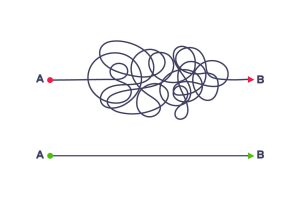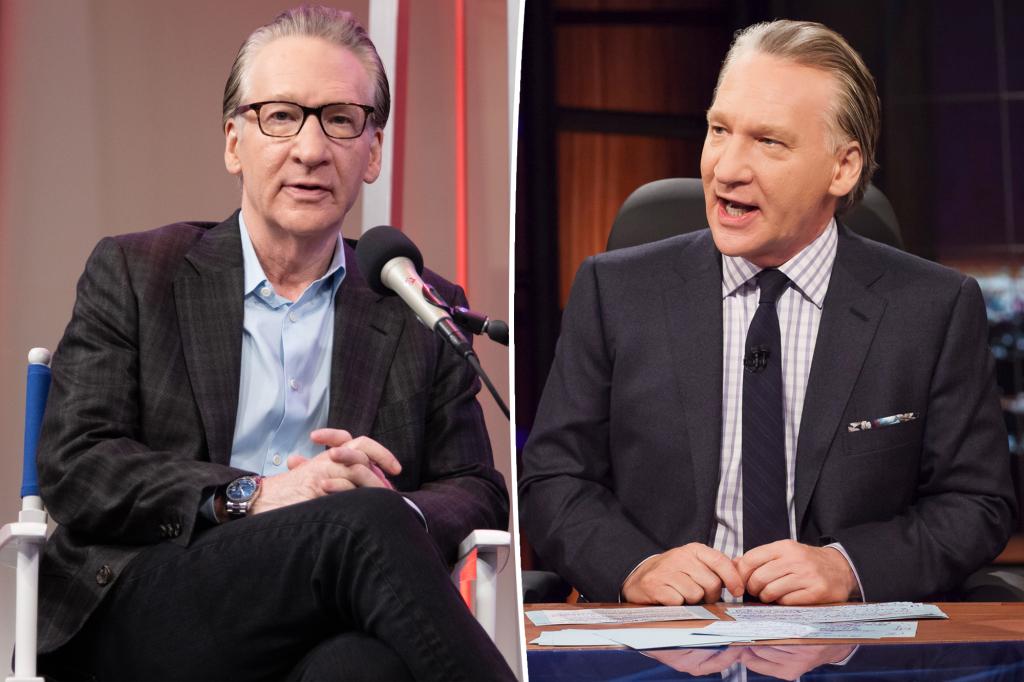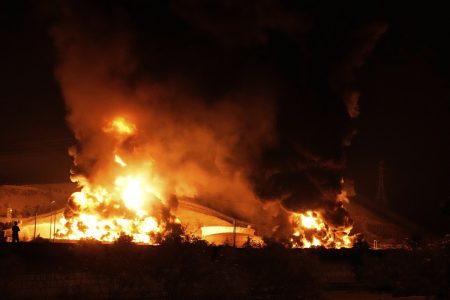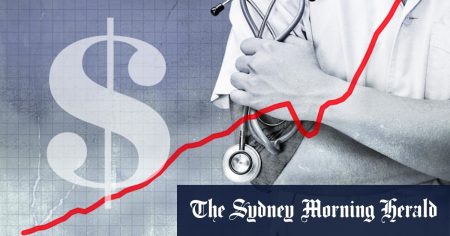Bill Maher, the outspoken comedian and host of HBO’s “Real Time with Bill Maher,” has become increasingly critical of the left wing of the Democratic Party. In a recent interview with the Wall Street Journal, he unabashedly defended his comedic jabs, arguing that humor is a potent tool for exposing truth, especially in the political arena. He believes laughter is an involuntary response, capable of eliciting agreement even from those resistant to his viewpoints. Maher particularly targets what he perceives as the left’s intolerance for dissenting opinions, highlighting their aversion to engaging with viewpoints that challenge their own. He describes this as a “need for virtue signaling,” where individuals prioritize projecting an image of moral superiority to their social circles over genuine intellectual discourse.
Maher’s willingness to engage with conservative figures like Ann Coulter has drawn ire from some within his liberal circle. He recounted experiences where friends expressed disapproval, a reaction he finds bewildering. He characterized this phenomenon as “people who hate me for who I won’t hate,” emphasizing the irony of being shunned for his open-mindedness. He contrasted this with his own approach, stating he doesn’t harbor animosity towards those who voted for Donald Trump, acknowledging their concerns about what they perceive as excessive leftist extremism, even if he doesn’t share their conclusions. This further underscores Maher’s commitment to engaging across the political spectrum, even when faced with criticism from his own ideological allies.
Despite his criticisms of the left, Maher vehemently rejects the notion of switching his political allegiance to the Republican Party. While acknowledging that some Republicans might see him as a potential convert, he firmly asserts that his critiques of the left do not translate into an endorsement of the right. He specifically cites the Republican Party’s stance on democracy as a major point of contention, making clear that he cannot align himself with a party he believes undermines democratic principles. This reinforces Maher’s position as a critic from within the liberal camp, rather than a defector to the opposing side.
Maher’s critique extends to the younger generation, whom he accuses of lacking historical perspective. He contends that many young people, particularly those educated at elite universities, have been indoctrinated with the belief that they live in the worst time in history, a claim he finds demonstrably false. He argues that despite its flaws, the United States remains a relatively positive force in the world and that the current era is objectively better than most periods in human history. Maher believes this distorted worldview contributes to a sense of unwarranted negativity and a predisposition towards radical solutions.
Maher advocates for a metaphorical “colonic” for the country, suggesting a need for cleansing and renewal. However, he clarifies that he “likes America” and doesn’t advocate for a revolution, pushing back against the extremist rhetoric from both ends of the political spectrum. He believes the country’s problems can be addressed through more moderate means, without resorting to drastic upheaval. He sees the current political climate as unnecessarily polarized and believes a more reasoned approach is essential for progress.
Maher’s prediction for the future of American politics is bleak for the Democratic Party. He believes they will continue to lose elections unless they abandon the notion that they are simply misunderstood by the electorate. He argues that the party’s message is clear, it’s just that many voters simply disagree with it. He suggests that the Democrats need to engage in genuine self-reflection and adjust their platform to better resonate with a broader segment of the population. His concluding remarks, directed hypothetically at Vice President Kamala Harris, encapsulate his view of the current political landscape: He sees the 2020 election as a “crazy contest” where a less extreme candidate lost to a more extreme one, a comment that reflects his overall frustration with the state of American politics.










